First an oversight: I was so wrapped up in the horrors taking place in Gaza that I failed to wish all my loyal subscribers peace, good health and resilience in 2024.
May I do so now. I never cease to appreciate the time you take and the commitment you make to subscribe, read and comment on my work. Thank you.
In a comment on my last post Paul Zeitz urged us all to treat the current polycrises as an opportunity to
spark a peaceful revolution and create new social, economic, and political systems that place love at the center for our collective repair, justice and peace. The collapse and crises you describe is our moment of opportunity! It’s go time!
He was and is, right. The ‘peaceful revolution’ he advocates can and must be sparked in the first place with new ideas, new ways of thinking and a process of collective repair, justice and peace - with love at its heart. It is why my bookshelf is so important to me - packed full of courageous thinkers, economists, historians and writers - that love the work of analysis, but also the hard graft of designing new ways to collectively repair our broken economic, political and ecological systems.
The first, which is a direct response to Paul’s comment, is a book by an old friend, Colin Tudge: The Great Rethink: A 21st Century Renaissance.
Colin is a biologist, and is famous here for co-founding together with Ruth West the Oxford Real Farming Conference (ORFC) which has transformed the status of organic and regenerative farming in the UK. ORFC started with just 80 participants 15 years ago, but in 2021 their online global event attracted 5,500 delegates from 6 continents. So Colin is a radical change-maker. This book is about much more than food and agriculture. Instead he argues that we should rethink everything we do from first, “bedrock” principles:
The bedrock principles I suggest are those of morality – which aspires to tell us what it is right to do; and ecology – which aspires to tell us what it is necessary and possible to do. Political and economic so-called “principles” are mere ideologies. Overall, the necessary re-think amounts to nothing less than a Renaissance, which literally means “re-birth”. We need indeed to be radical, in the proper sense: to get back to the roots.
What I like about Colin’s book is that it proposes a strategy for transformation. Of first importance is the hard work of developing a sound mindset, based on morality, metaphysics, and all we learn from the arts and science. Second, and more challenging in these times, the urgent need to fight for, and develop infrastructure: democratic government, economic democracy and laws of the land. Third, is action: in favour of enlightened agriculture, food culture and appropriate technology. All this is outlined as a strategy we can all connect or commit to - as most of what has to be done is on our doorsteps - to achieve the ultimate goal of a flourishing biosphere and convivial society.
The Blue Commons: Rescuing the Economy of the Sea, awakened in me remembrance of times past when “the commons” was a word, and a form of governance we took for granted. And the greatest commons of them all is, or should I say was, the sea. Guy Standing writes with erudition, passion and lyricism about the ‘blue economy’, and
commands the reader to wake up to the threat posed by rentier capitalism’s violent policies for extraction, exploitation and depletion of that which is both common to us all, but also vital to our survival: the sea and all within it.
Guy reminds us that for most of world history, the seas were considered a ‘state of nature’ - common to all and open to all without restriction. Then came the great post-war ‘enclosure’ of the seas, through
the weakening of commons communities, privatisation of the seas, the handing of exploitation rights to multinational corporations, and by the pursuit of endless GDP growth.
The final chapter provides the ‘spark’ for Reviving the Commons, Sharing Common-Wealth. And Guy’s principles are not very different from those of Colin Tudge:
a healthy commons also requires respect for what might be called common-wealth principles… that foster individual flourishing within communal solidarity, the essence of what Aristotle called philia, convivial friendship. …
My other preoccupations this year include: Money and Finance and importantly capital mobility; central bankers, government treasury departments and monetary and fiscal austerity; and finally the governance of the international financial system by those active in capital markets; and the impact of such governance on democracy and the domestic economy.
On capital mobility, I recommend Critical Junctures in Mobile Capital - edited by Jocelyn Pixley and Helena Flam and published by Cambridge University Press.
Every chapter is of value: Renate Mayntz on Sovereign Nations and the Governance of International Finance; How Mobile Capital Plays Off Democracy: The Euro and Other Monetary Federations by Jocelyn Pixley. Finally my dear friend, Luca Fantacci who together with Lucio Gobbi has written a chapter on Mobile Capital as the Ultimate Form of War Finance.
That has taken me back to the classic of international financial relations: Mad Money - no, not by Jim Cramer, but by Susan Strange, founder of the discipline of International Political Economy.
I first read Strange in the early 2000’s at the height of the low income country debt crisis, when her work was not yet fully appreciated, and she was treated sceptically by mainstream economists. Her argument, first made back in 1986, that governance by global markets had dangerously undermined nation state governance - was largely ignored then, and is still not widely accepted. Her ideas - and those who followed her in the field of IPE - are the intellectual pillars on which my new book will lean heavily.
And while we’re discussing great women academics, may I recommend a book by Deborah D.Avant, Martha Finnemore and Susan K. Sell: Who Governs the Globe?
I was particularly attracted to the book because in November, 2020 I had read, and been impressed by Susan K. Sell’s brilliant insights in this essay: What COVID reveals about 21st century capitalism: adversity and opportunity. The three women co-authors, frustrated by academic debates on global governance that had somehow missed the point - often because economic and security issues are treated separately, decided they had to act. “Academic talk about global governance was about regimes, constraints, bargaining and principal-agent relationships” they argued. So they got together in 2004 and founded a new Institute for Global and International Studies (IGIS) at George Washington University’s Elliott School of International Affairs. The book is introduced with the authors’ insistence that global governance is about individual governors with agency - governors who may wish to remain invisible, and who are made invisible by much academic analysis and media commentary, but whose roles are illuminated in this book.
Academics and policymakers speak frequently about global governance but do so in the passive voice. …Analysts rarely talk about global governors and have not made the agents in this process central to their analysis. ..For purposes of this enquiry, global governors are authorities who exercise power across borders for purposes of affecting policy. Governors thus create issues, set agendas, establish and implement rules or programs and evaluate and/or adjudicate outcomes.
Jamie Martin’s The Meddlers: Sovereignty, Empire and the Birth of Global Economic Governance is a rigorously researched study of the evolution of those institutions - most notably the Bank for International Settlements - that after the First World War began to exercise great power over nation states. I learnt a great deal from it…
And The Meddlers is complemented by Clara E. Mattei’s The Capital Order….a careful study of how Capital re-shaped and re-organised both the British and Italian economies after the First World War.
Another really important influence on me this year was Stefan Eich’s marvellous The Currency of Politics - a really valuable re-statement of the political nature of money.
And because I have an eagle-eyed view of the global system of governance the wonderful Underground Empire by Henry Farrell and Abraham Newman brought me down to earth with a bump.
It turns out that the globalised financial system operates beneath our feet, made up as it is of a complex network of fibre optic cables and obscure payment systems - “vital pathways of the world economy (used by the United States) as tools of domination over foreign businesses and countries, whether rivals or allies, allowing it to maintain global supremacy.” Today, as Prof. Joseph Stiglitz and American economists recommend the seizure of up to $260 billion of Russia’s central bank reserves for use in funding the Ukrainian military - we are reminded of the United States’s global supremacy in finance, and its disrespect for the so-called ‘rules-based order’ the United States claims to defend. That is why Underground Empire is required reading.
Finally I must mention two books that have inspired the activist in me: Vincent Bevins’s powerful study of the mass protests of the past decade: If We Burn: the Mass Protest Decade And the Missing Revolution and Naomi Klein’s Doppelganger: A Trip Into the Mirror World.
There is so much wisdom in Bevins’s book about how activists failed, but with better organisation and education could spark “the peaceful revolution” that Paul Zeitz calls for. An essential read for all would-be revolutionaries - and the millions of activists working to transform the global economy away from its addiction to fossil fuels.
Naomi Klein demands rigorous self-examination of those on the Left who divide the world into “us and them” and are quick to condemn and patronise the forces assembled around far-right leaders. To understand the “other” she insists, we need a deeper examination of our own beliefs and attitudes.
Klein is not afraid to undertake that self-examination in this book.
That list is my New Year’s offering to you, dear readers. May any one of these books inspire and empower you too…

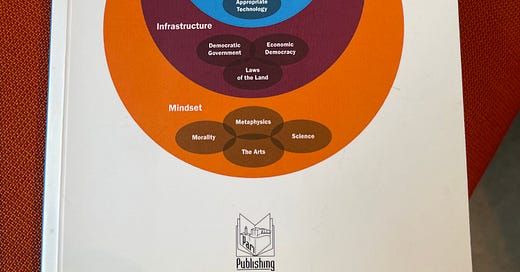




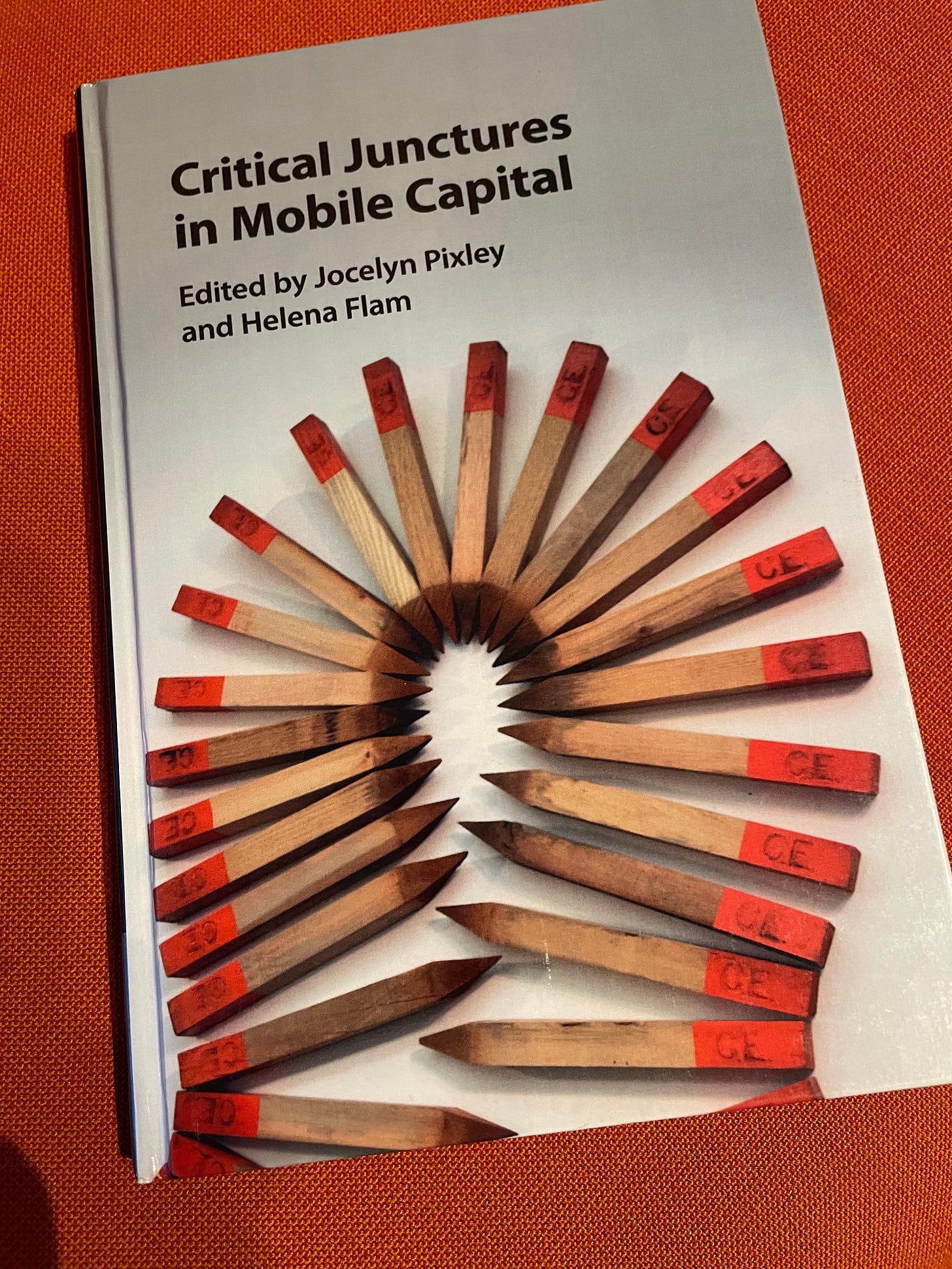
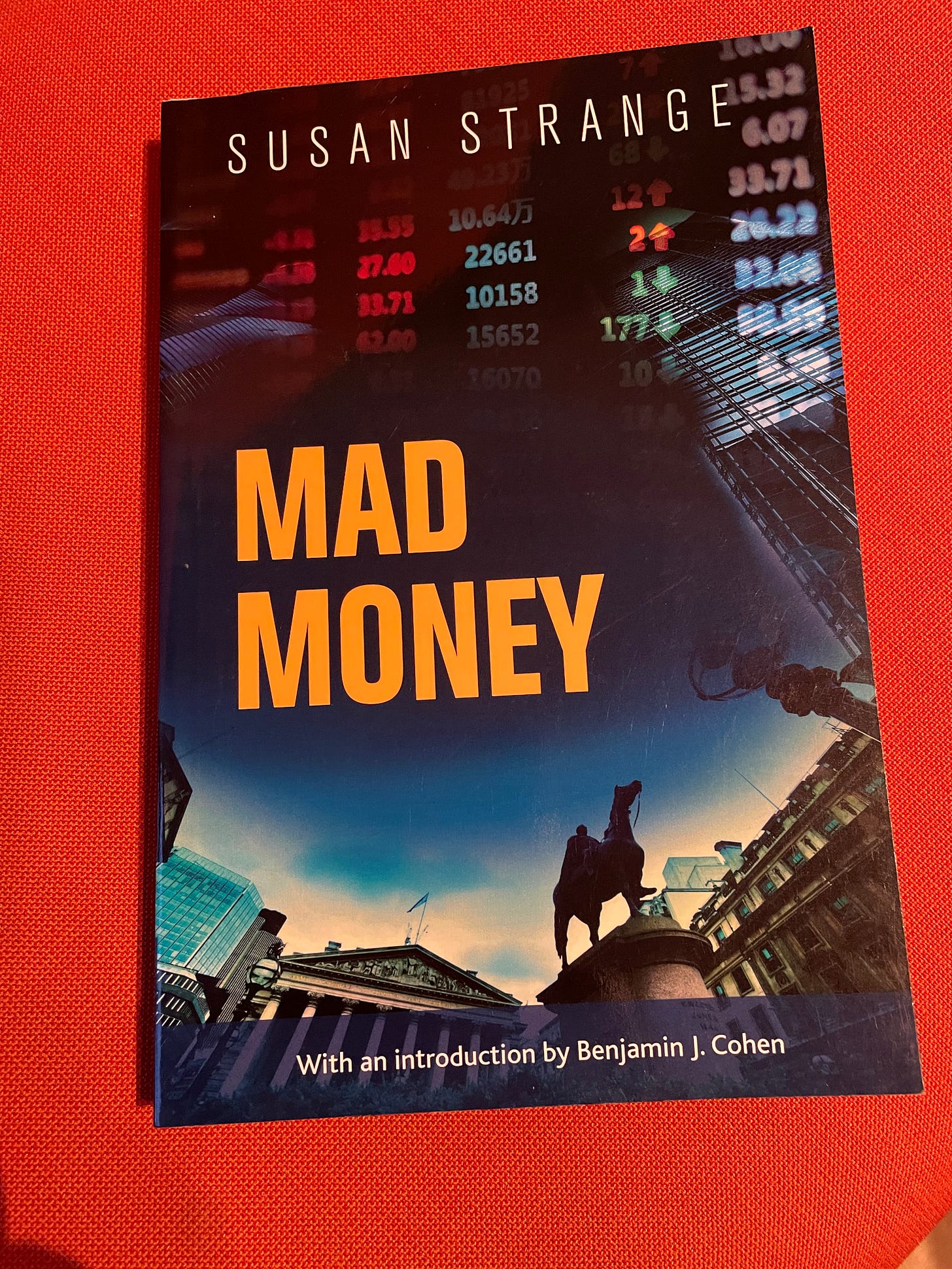
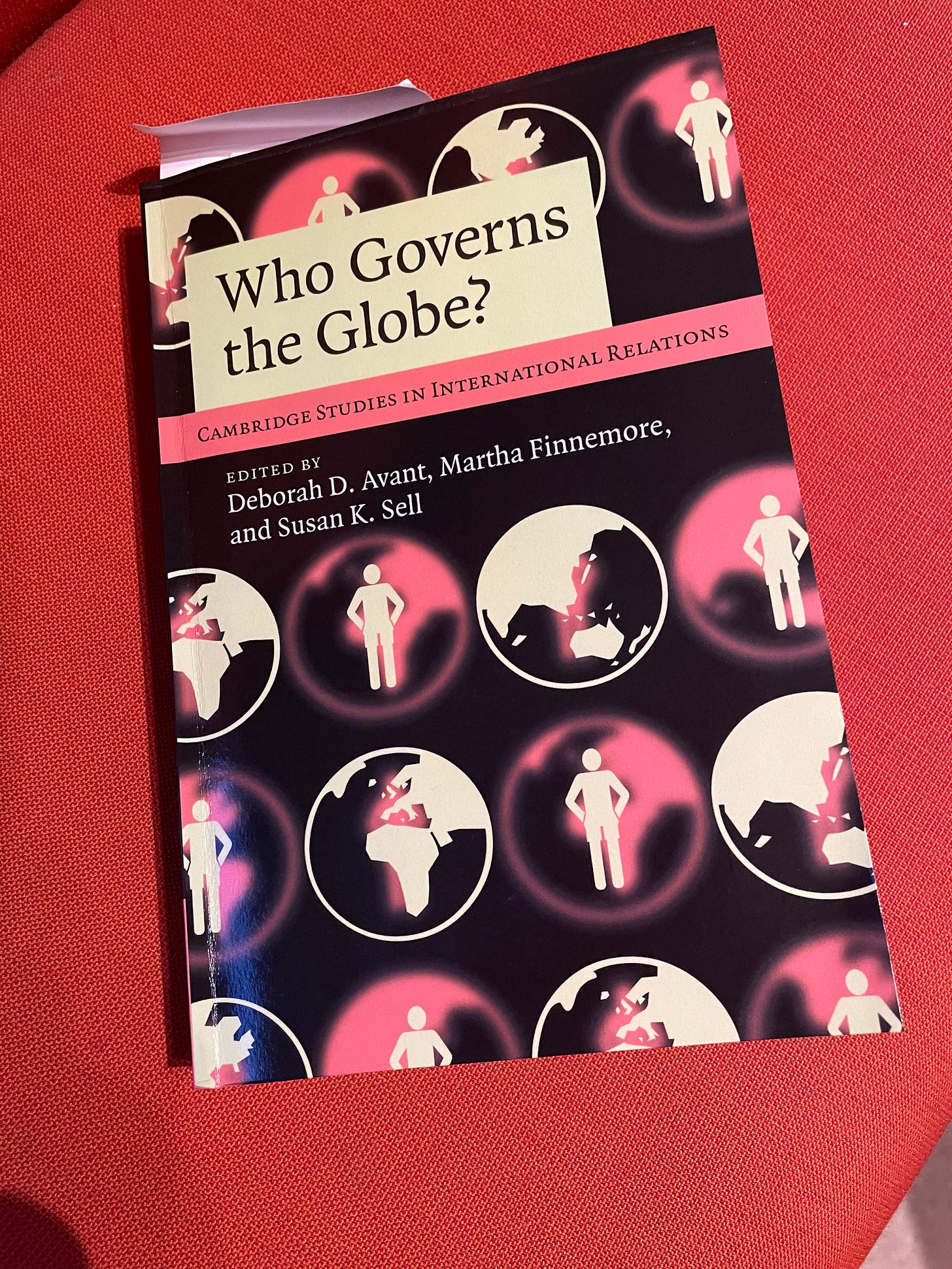

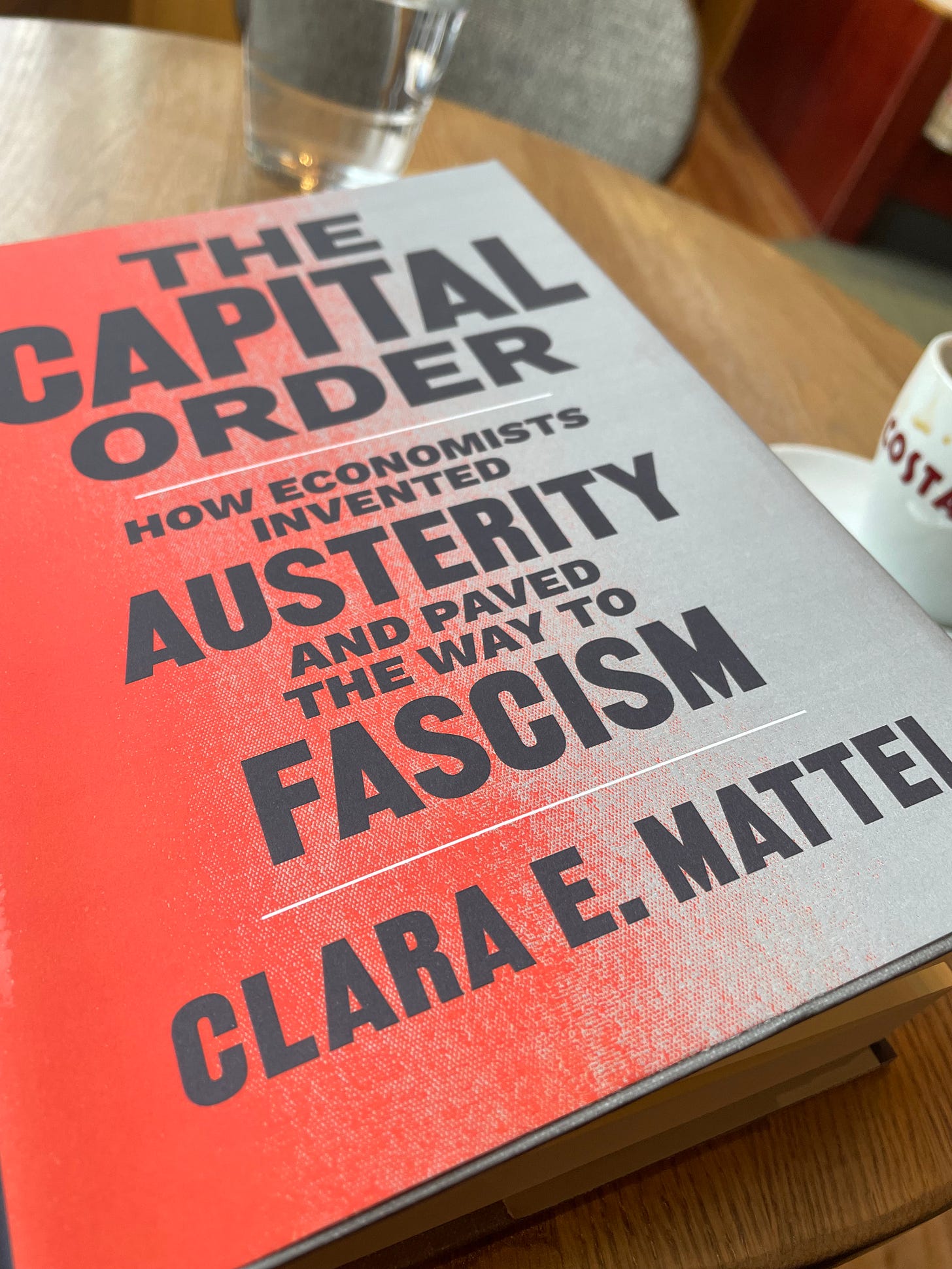




I recommend Yanis Varoufakis’ “Technofeudalism” which posits that after the Global Financisl Crisis, old style profit-driven capitalism was vanquished and supplanted by the rent-seeking group of ‘cloud capitalists’, the bunch of mega-rich billionaires who captured and privatised the internet.
Also, Steve Keen’s “the New Economics - A Manifesto” in which he demolishes neoliberal macroeconomic delusions and introduces his powerful modelling softwares Minsky and Ravel.
Watch out for his forthcoming book this year (not sure of title) about ‘rebuilding economics from the top down.
Thank you again for such a wonderful newsletter.